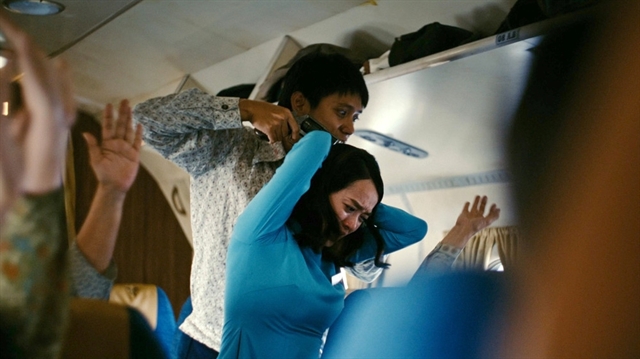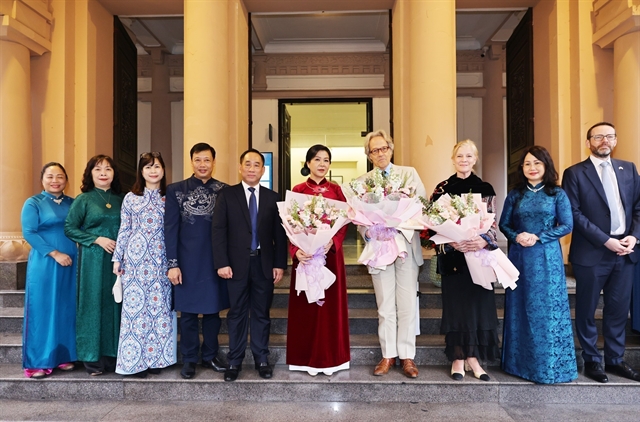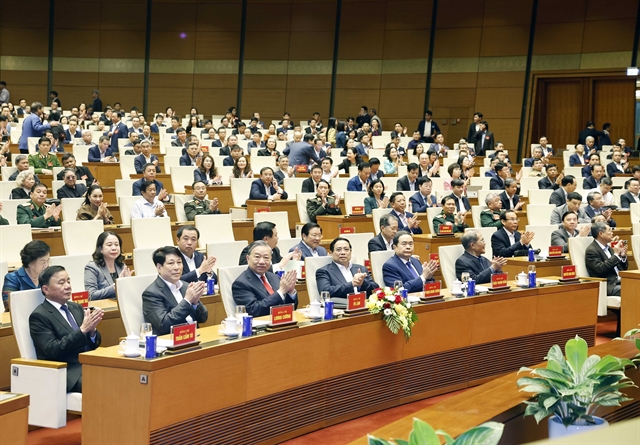 World
World
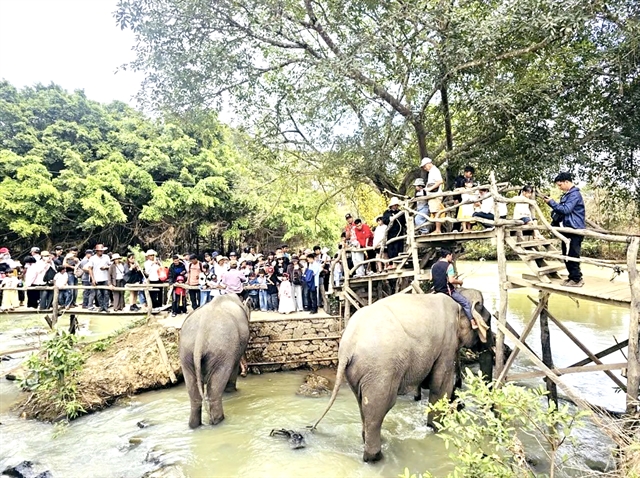
South Korea’s new President Moon Jae In today vowed to restore the democratic spirit of the May 1980 pro-democracy uprising in which hundreds of protesters were killed or injured by a brutal military crackdown in the southwestern city of Gwangju.
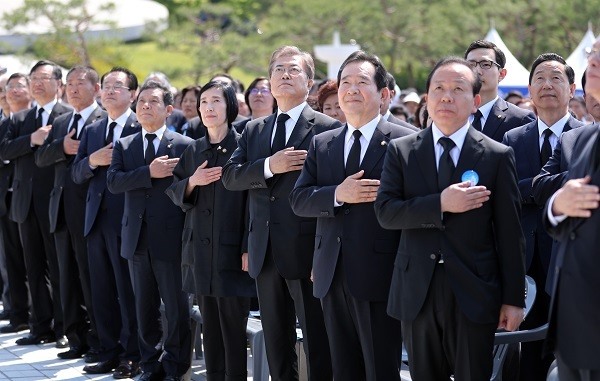 |
| President Moon Jae-in today visited Gwangju to commemorate the 37th anniversary of the May 18 Democratisation Movement and express respect to a city which had refused to yield to dictatorship. — YONHAP/VNA Photo |
SEOUL — South Korea’s new President Moon Jae In today vowed to restore the democratic spirit of the May 1980 pro-democracy uprising in which hundreds of protesters were killed or injured by a brutal military crackdown in the southwestern city of Gwangju.
"The newly-inaugurated government of Moon Jae In is standing in the extended line of the Gwangju democratisation movement," the liberal leader said in a speech during a televised memorial ceremony at the national cemetery in the provincial city.
"The new government will do its best to fully restore democracy in this land by upholding the spirit of the May 18 Democratisation Movement and the candlelight revolution," Moon said.
The "candlelight revolution" referred to massive street demonstrations across the nation in recent months, during which peaceful protesters demanded the impeachment and ouster of then President Park Geun Hye -- Moon’s predecessor -- over a corruption scandal. Park was later arrested and currently standing trial.
At today’s ceremony, March for Our Beloved, a song that has come to symbolise South Korea’s democratisation movement in the 1980s, were sung by attendees for the first time in nine years.
Last Friday, President Moon, a former human rights lawyer, issued an order to allow the song to be sung in unison by everyone at the memorial service.
The symbolic song, reflecting the emotional sentiment of the generation who led the student movement against the military dictatorship in the 1980s, had been sung by attendees from 1997 through 2008 when liberal governments were in power.
But since 2009, after conservative leader Lee Myung Bak took office, it was performed only by a choir at the ceremony. The conservatives said letting the general public sing the song together is feared to disrupt national unity, as it had been used as background music for a North Korean film.
Hundreds of people were killed or injured in the brutal 1980 crackdown by military paratroopers dispatched to Gwangju by military strongman Chun Doo Hwan, as they took to the streets to demand an end to military rule and seek the restoration of democracy. — KYODO

